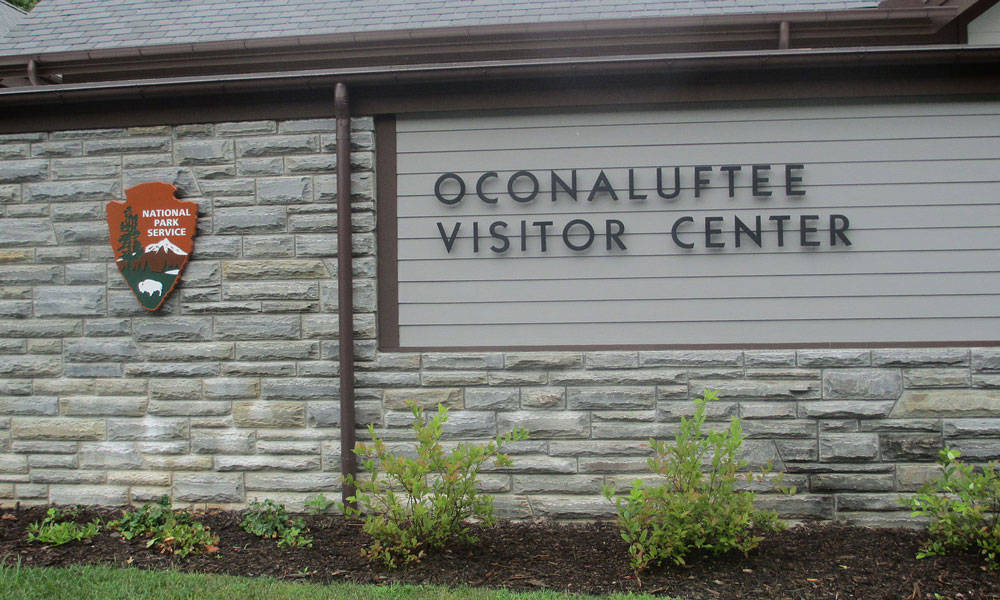
Amid Partial Shutdown, Groups Step In, Speak Up for National Parks
A number of national parks have suffered severe declines in service—and have faced closures—as a result of the ongoing partial shutdown of the federal government. Associations have offered both financial assistance and advocacy support amid the shutdown.
The partial government shutdown, which has been ongoing for nearly two weeks during a largely quiet holiday season, nonetheless had some sharp effects on one part of the government that usually thrives during downtime—the National Park System.
Unlike prior shutdowns, the parks have remained open but with limited support from federal workers, leading to widespread interruptions in maintenance and emergency support. In one case, however, an association was able to step in and keep the park operating—at least for a while.
For more than a week, the Great Smoky Mountains Association funded basic services for the Great Smoky Mountains National Park, including operating the visitor centers and trash collection. GSMA, a nonprofit partner, helped keep the park relatively functional during the last week of the year, a common time for vacations.
“We felt it was very important to have at least some essential services,” GSMA CEO Laurel Rematore told WVLT-TV this week.
The cost was significant for the association—an estimated $50,000 or more—and the coverage could only go on for so long, ending on January 1. The park remains open, but services will be limited at best.
“We are very concerned that trash cans will overflow, attracting wildlife and creating sanitation issues,” Rematore added in comments to WUOT-FM.
The situation is similar at other national parks, some of which—specifically, California’s Joshua Tree National Park—have had to close entirely due to sanitation issues.
The National Parks Conservation Association (NPCA) has repeatedly expressed concerns about the shutdown. The group’s vice president of government affairs, Kristen Brengel, noted to CNN that it has affected the local economy and has created a sense of “lawlessness” at the park.
“It’s really a big deal for Joshua Tree,” she said. “This is a very popular season for people that come there.”
As the partial shutdown took effect last month, NPCA President and CEO Theresa Pierno criticized the decision to cut resources to the parks at all, noting the danger shutdowns create from both an economic and environmental standpoint.
“It’s unrealistic and dangerous to think that parks can remain open with only a skeleton crew and continue with business as usual,” she stated in a news release. “Rather than jeopardizing our parks’ resources, wildlife, visitors and staff, the administration and Congress must finalize a budget and keep our national parks fully up and running.”
Joshua Tree isn’t alone in closing—other tourist attractions run by the federal government, including the District of Columbia’s National Zoo and Smithsonian facilities, announced their closures this week.
Oconaluftee Visitor Center at the Great Smoky Mountains National Park. (Billy Hathorn/Flickr)






Comments